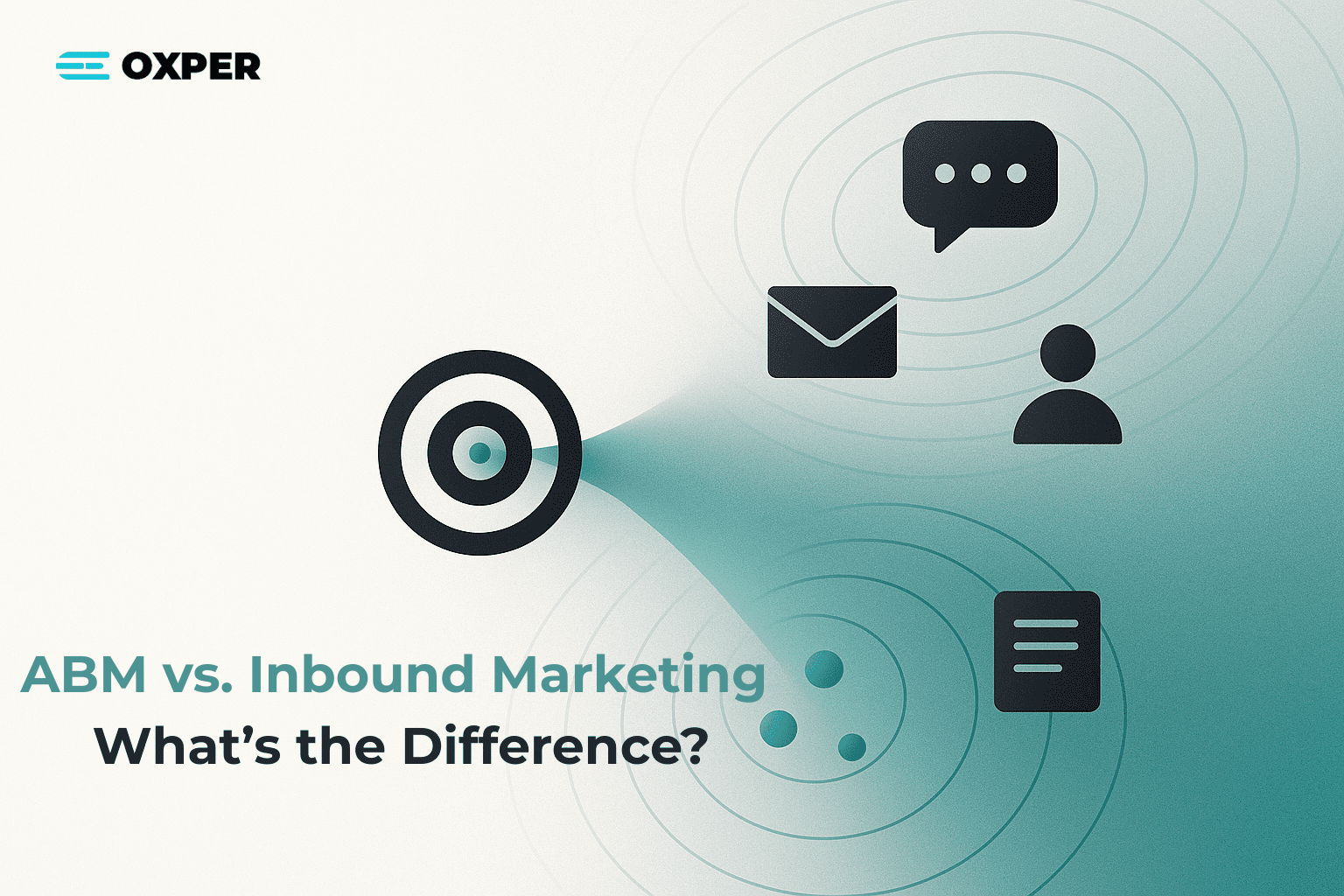A social media marketing strategy is a comprehensive plan that outlines how a business will leverage social media platforms to achieve its marketing goals. For B2B companies, a well-thought-out strategy is crucial for building brand awareness, engaging potential clients, and driving conversions. This guide explores the key components of an effective B2B social media marketing strategy, along with the latest trends and best practices to help you create yours from scratch.
What Is a Social Media Marketing Strategy?
A social media marketing strategy is a structured plan that guides a business’s interactions on social media platforms. It outlines your objectives, target audience, content strategy, engagement tactics, and success metrics. For B2B companies, this strategy focuses on fostering relationships with other businesses, showcasing expertise, and generating qualified leads on platforms like LinkedIn, Twitter, and Facebook.
What’s New About Social Media Marketing in 2025?
As we move through 2025, several trends are shaping the social media marketing landscape:
- Authenticity Over Perfection: Audiences today gravitate towards real, behind-the-scenes content rather than overly polished posts.
- Short-Form Video Dominance: With TikTok and Instagram Reels leading the charge, short videos continue to drive engagement and are an essential part of any content strategy.
- AI-Powered Personalization: Artificial intelligence is enhancing content personalization, delivering more targeted messages that increase user engagement.
- Social Commerce Growth: Social media platforms are increasingly integrating shopping features, streamlining the buyer’s journey and making the purchasing process smoother for clients.
- Community Building: Successful brands are focusing on creating communities, building loyalty and long-term engagement by creating value for their audiences.
How to Build a B2B Social Media Marketing Strategy from Scratch
- Set SMART Social Media Goals
Begin by defining Specific, Measurable, Achievable, Relevant, and Time-bound (SMART) goals. For instance, aim to “Increase LinkedIn followers by 25% over the next quarter” or “Generate 50 qualified leads through social media in six months.” This approach gives your strategy clear direction and measurable success indicators. - Keep Tabs on Your Competitors
Analyze your competitors’ social media activities to understand what works in your industry. Tools like Sprout Social and Hootsuite can help track competitor performance, providing valuable insights to refine your strategy. - Build Buyer Personas That Bring Your Audience to Life
Develop in-depth buyer personas to understand the needs, preferences, and challenges of your target audience. These personas will guide your content creation and platform selection, ensuring your messaging resonates with potential clients. - Create Fresh and Original Content
Produce valuable, unique content that addresses the pain points of your audience while showcasing your expertise. Mix up your content formats, including blog posts, infographics, videos, and podcasts, to keep your audience engaged and broaden your reach. - Measure Your Marketing Efforts via Analytics
Track key performance indicators (KPIs) like engagement rates, click-through rates, and conversion rates to assess the effectiveness of your social media campaigns. Use these insights to refine your strategy, optimize content, and enhance your ROI. - Employ Multimedia Marketing
Incorporate multimedia elements such as videos, live streams, and interactive polls into your content strategy. This appeals to different audience preferences and boosts engagement across social platforms.
Advantages of Social Media Marketing for B2B Businesses
A robust social media marketing strategy offers numerous benefits, including:
- Enhanced Brand Visibility: Consistent, high-quality content helps increase brand recognition and expand your reach.
- Lead Generation: Well-targeted campaigns attract high-quality leads and drive conversions.
- Customer Insights: Social media engagement provides valuable data that helps you understand customer behavior and preferences.
- Improved Customer Relationships: Direct, authentic interactions build trust and customer loyalty, encouraging long-term partnerships.
- Competitive Advantage: A strong social media presence keeps your business ahead of competitors and relevant in your industry.
In today’s digital age, a well-executed B2B social media marketing strategy is crucial for business growth. By defining clear goals, understanding your audience, crafting engaging content, and utilizing analytics, you can build a strong social media presence that drives real results. Stay agile to new trends, embrace the latest practices, and continue refining your strategy to stay ahead of the competition. By adapting these elements consistently, you can build a powerful B2B presence that yields long-term success and helps you achieve your marketing objectives.
FAQs
What is the 50-30-20 rule for social media?
This rule suggests allocating your content as follows: 50% informative or educational content, 30% curated content from other sources, and 20% promotional content about your products or services.
What are the 7 C’s of social media strategy?
The 7 C’s include Content, Context, Community, Customization, Communication, Connection, and Conversion. These principles help shape the creation and execution of effective social media strategies.
What is the 5-3-1 rule on Instagram?
This rule encourages daily interactions: like 5 posts, comment on 3, and follow 1 new account. It’s a strategy for boosting engagement and growing your network organically.
Which is the first choice of social media platform for B2B?
LinkedIn remains the top platform for B2B marketing due to its professional user base, networking capabilities, and focus on industry insights and business connections.
By adapting these best practices to your business, you can build a powerful B2B social media presence that yields long-term success. Embrace the latest trends, stay consistent, and continue evolving your strategy to achieve your marketing objectives.





